The Bible Commands Racial Segregation - A Review of a Sermon by Bertrand Comparet
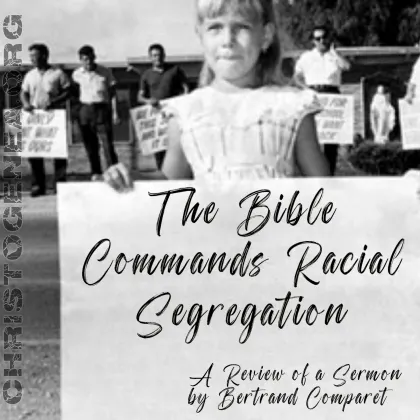
The Bible Commands Racial Segregation - A Review of a Sermon by Bertrand Comparet
Here we are going to present and critique a sermon by Bertrand Comparet which has been presented under diverse titles in the past, for reasons we shall describe as we proceed. However doing this, I also hope to demonstrate why it is important for us, as Bible-believing and Bible-studying Christians, rather than as merely denominational Christians, to constantly investigate, refine and improve our own understandings of Scripture, its original languages, its historical context, and all of the various aspects of the context of words, verses and passages found in Scripture, so that we may come to a better understanding of our faith, and so that we may be able to better defend and explain our professions to others of our kinfolk.
Every passage of Scripture has a historical and situational context which must be understood before it may be properly interpreted, and the same is also true of Hebrew or Greek words and their definitions. If Christian Identity is the Elijah ministry, as its objectives certainly do fit the description of that ministry where it is found in the closing verses of the prophet Malachi, then it is of the utmost importance that we do present our case to our kinfolk. But if we profess things which can easily be disproven, we will be quickly mocked, and we will have failed ourselves and our people, as well as our God. When people hear an argument in support of a position or doctrine which is contrary to their own predisposed beliefs, they will scoff at the slightest mistake in the data supporting that argument, and dismiss all of it for that one small mistake. It is already quite difficult to get our kinfolk to even listen to our case, so we must strive to make it as airtight as possible.

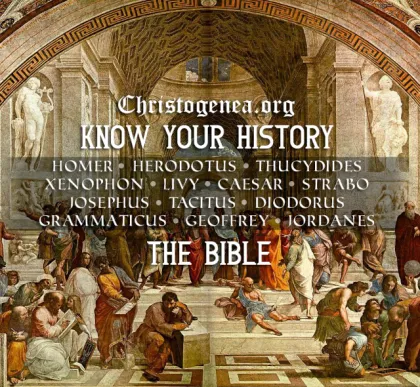

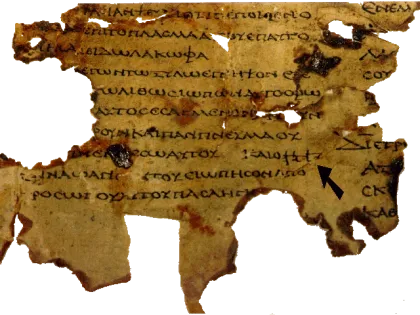



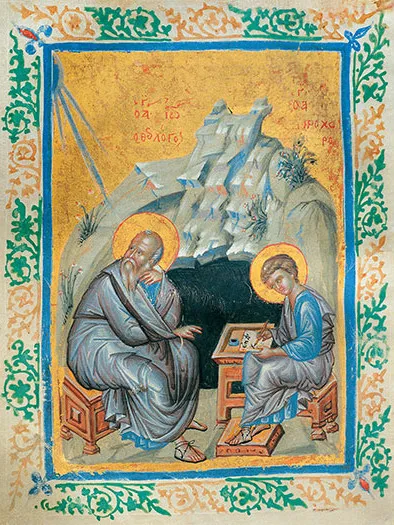
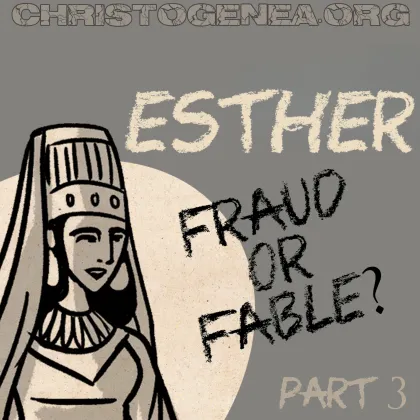
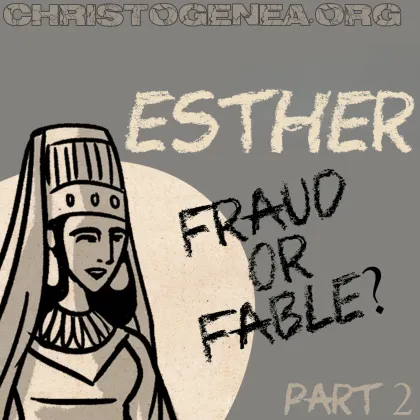
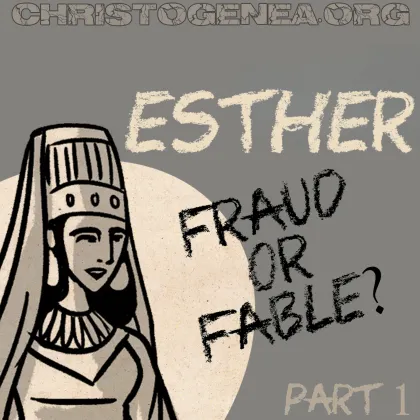

 Click here for the program notes.
Click here for the program notes.



 Please click here for our mailing list sign-up page.
Please click here for our mailing list sign-up page.







